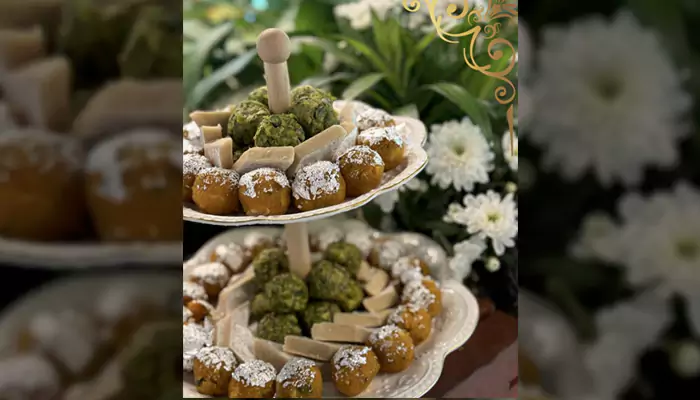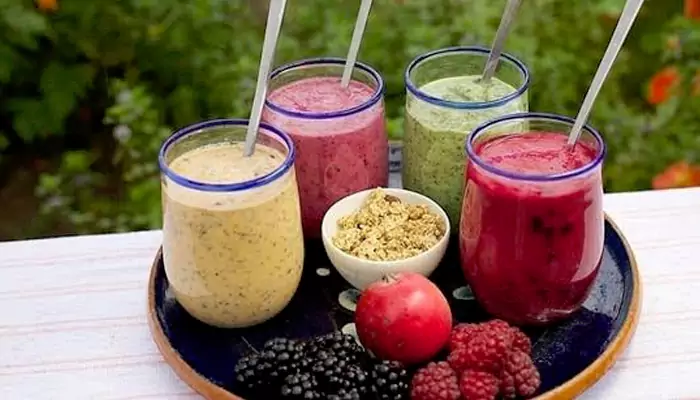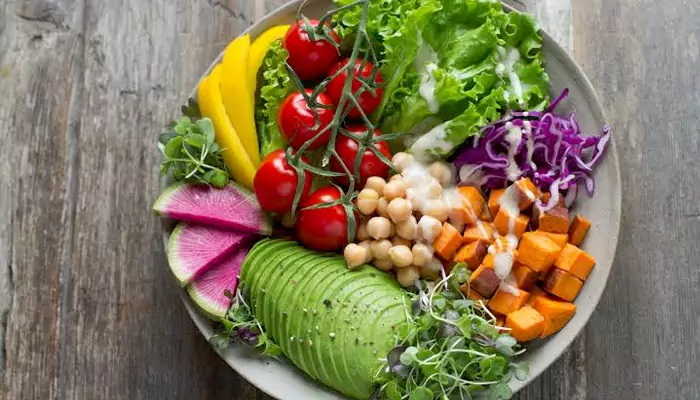Unlock the Secrets to Successful Fermentation with These Proven Tips
- Alfaraz Laique
- 1 year ago
- 3 minutes read

Fermentation is indeed such an interesting process that has, over ages, been utilized in preserving food, enhancing flavours, and even maintaining better health.
Its popularity has really grown explosively-from kimchi to kombucha, sauerkraut, and sourdough. The beauty of fermentation is how it can be quite simple. But doing it right is important to avoid spoilage or growing an unpleasant taste. In that regard, here are some easy-to-follow tips that will ensure you get the fermentation right each time.
Understand the basics of fermentation
Fermentation is a process wherein the bacteria or yeasts change the sugars into fizz. Besides serving as a means of preservation for the food, this enhances the nutritional value of the food substantially. For example, sauerkraut, kimchi, and pickles are made by the process of lactic acid fermentation, which gives them their characteristic tanginess. Similarly, kombucha and kefir are fermented with yeast and bacteria to form their fizzy appeal.
Start with fresh ingredients
Quality fermentation requires fresh produce. Be it fermenting vegetables or making yogurt, quality matters. Always take those vegetables that are firm and free from bruises. Fresh ingredients will get the fermentation going in a smooth process and give a crisp, flavoursome, and healthy result.
Keep things clean but not Sterile
Cleanliness is important, but don't go crazy. You don't want your jars and equipment sterilized like you're going into surgery, but you do want to make sure they're clean. Fermentation is a culturing of good bacteria, so while you don't want the bad bacteria entering your mix, it's okay if that jar isn't full-on sterile.
Use the right salt
Salt adds flavour to vegetables, besides preserving them through fermentation. Non-iodized salt, such as sea salt and kosher salt, is recommended because iodine and other anti-caking agents in table salt may interfere with fermentation. Proper salt will draw out moisture from the vegetables, creating an environment for lactic acid bacteria to thrive.
Get the right ratio of salt to water
For fermenting vegetables, the basic brine is usually 2-3% solution. That is to say, approximately 1 tablespoon of salt by 2 cups of water. Too little salt can make your fermentation go off, while too much will slow down the fermentation process or produce an over-salty product. You have to measure your salt and water as accurately as possible for the best results.
Check temperature
Temperature is also a key determinant in fermentation. In general, most ferments are comfortable within a temperature range of 65°F to 75°F. A higher temperature accelerates the fermentation, probably leading to spoilage while lower temperatures make it sluggish. If possible, let your ferments stay in a cool and dark place.
Give it time
Fermentation is not something to rush. It may take anywhere from a few days up to several weeks, depending on what you are fermenting. Check on your ferments from time to time, but also be sure to let nature take its course. Flavour develops over time, and often the longer the ferment, the more complexity there is in the taste.
Fermentation is equal parts of an art and a science. The basics are simple to grasp, while experimenting and changing the process to your taste is where it gets really fun. It will not take too long before, with a little patience, you will be making delectable, sour, and healthy fermented foods in your own home.











